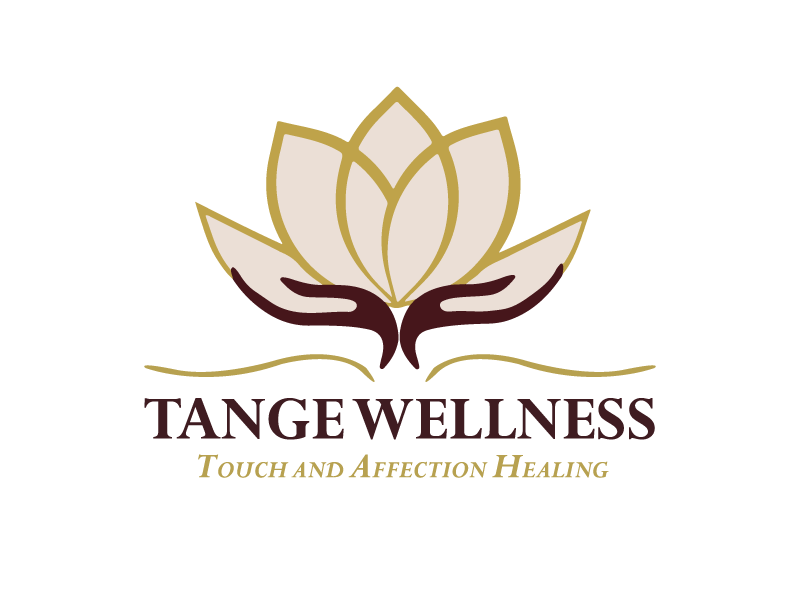What Makes a Session Meaningful? Insights from a Client’s Perspective
What does it mean to feel seen? To feel safe enough to let down your guard and just be? These are questions I think about often in my work, but one of my clients, “Richie,” said something that really stuck with me.
We were talking about what makes a session feel meaningful for him—beyond the physical touch, and here’s what he said:
"Starting with your presence. You exude that you are focused. The eye contact. The pressure from a hug or an embrace creates a feeling of safety and trust. These things take me to a calming and relaxing mental space where it feels comfortable and safe to let go and not feel guarded in any way. To let down guards and barriers, particularly for people we do not know or for work environments, you have your mask and guards that you put up. To let those down is a pretty intense vulnerability which I do not do very often. To be able to go there is a new experience and a very rare experience."
His words made me pause. We live in a world that often values doing over being, appearances over authenticity, and strength over vulnerability. But when you step into a session with me, all of that fades away. It’s about creating a space where you don’t have to perform or protect yourself, a space where you can simply exist as you are.
I want to break down what makes a session meaningful.
1. Presence
“Richie” mentioned my presence first, and I think that’s because it sets the tone for everything else. To me, presence means being fully there and not distracted, not thinking about what’s next, but focused on the here and now. When you know someone is fully present with you, it creates a sense of trust. You feel valued, seen, and heard.
2. Eye Contact
Eye contact can be powerful, even if it’s just a glance. It says, “I see you.” It’s grounding and reassuring, but for many people, it’s also intimidating. I’ve worked with clients who’ve told me they avoided eye contact their entire lives because it felt too vulnerable. But when done intentionally and gently, it can open the door to a deeper connection.
3. Physical Connection
“Richie” described the pressure of a hug or embrace as something that creates safety and trust. And he’s right. Touch, when it’s consensual and intentional, isn’t just physical, it’s emotional. It signals that you’re not alone, that you’re supported, that someone is there for you. That kind of connection can be deeply healing.
4. Safety and Trust
Letting your guard down isn’t easy. “Richie” talked about how rare it is to feel safe enough to release the “masks” we all wear, especially in environments where vulnerability isn’t celebrated. In session, my goal is to create a space where those barriers can come down—not because you’re forced to, but because it feels safe and natural.
What happens in a session doesn’t stay in a session. What do I mean by that? When you experience this kind of connection and safety, it changes the way you move through the world. You start to notice what feels good and what doesn’t. You begin to ask for what you need. You might even find that you’re able to offer the same kind of presence and connection to others in your life.
“Richie’s” reflection is a reminder of how rare it is to feel seen and supported in this way and that it starts with creating spaces where connection can thrive.
Whether you’re in a session or everyday life, think about how you can create moments of presence, connection, and trust. It might be as simple as making eye contact with someone you love or offering a hug when they need it. If you’ve never experienced what “Richie” described, I invite you to explore it. You deserve to feel safe, valued, and connected.
Note: "Richie" is a pseudonym used to protect the client’s identity. This quote is part of a larger blog where I shared a full interview about their cuddle session experience. If you’re curious to read the original transcript, click here to check it out.




